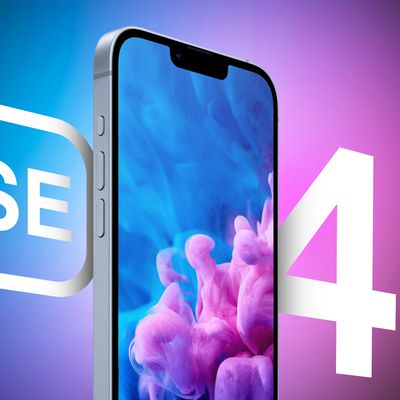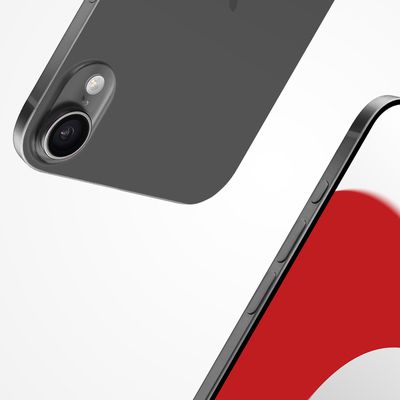The United States Federal Trade Commission today filed a complaint against Qualcomm, accusing the company of violating the FTC Act by using anticompetitive tactics to remain the dominant supplier of baseband processors (aka LTE chips) for smartphones.
According to the FTC, Qualcomm uses its position and its portfolio of patents to impose "onerous and anticompetitive supply and licensing terms on cell phone manufacturers," negatively impacting its competitors.

The complaint specifically addresses a deal with Apple in which Qualcomm required Apple to exclusively use its modems from 2011 to 2016 in exchange for lower patent royalties.
Qualcomm precluded Apple from sourcing baseband processors from Qualcomm's competitors from 2011 to 2016. Qualcomm recognized that any competitor that won Apple's business would become stronger, and used exclusivity to prevent Apple from working with and improving the effectiveness of Qualcomm's competitors.
Up until 2016, Apple only used Qualcomm modems in its line of iPhones, deviating from the norm with the iPhone 7. Both Intel and Qualcomm modems were adopted for the iPhone 7 and the iPhone 7 Plus, leading to some compatibility and performance discrepancies.
Qualcomm is also accused of refusing to license its standard-essential patents to competing suppliers and implementing a "no license, no chips" tax policy where it supplies its baseband processors only when manufacturers agree to Qualcomm's preferred licensing terms, causing smartphone makers to pay higher royalties to Qualcomm when a competitor's modem chips are used.
The FTC has asked the court to order Qualcomm to put a stop to its anticompetitive conduct and take action to "restore competitive conditions."
Update: According to Qualcomm, the FTC's complaint is based on "flawed legal theory, a lack of economic support and significant misconceptions about the mobile technology industry." Qualcomm says it has never withheld or threatened to withhold chip supply to obtain unfair licensing terms.
"This is an extremely disappointing decision to rush to file a complaint on the eve of Chairwoman Ramirez's departure and the transition to a new Administration, which reflects a sharp break from FTC practice," said Don Rosenberg, executive vice president and general counsel, Qualcomm Incorporated.
"In our recent discussions with the FTC, it became apparent that it still lacked basic information about the industry and was instead relying on inaccurate information and presumptions. In fact, Qualcomm was still receiving requests for information from the agency that would be necessary to an informed view of the facts when it became apparent that the FTC was driving to file a complaint before the transition to the new Administration. We have grave concerns about the two Commissioners' decision to bring this case despite a lack of evidence supporting the allegations and theories in the complaint. We look forward to defending our business in federal court, where we are confident we will prevail on the merits."






















